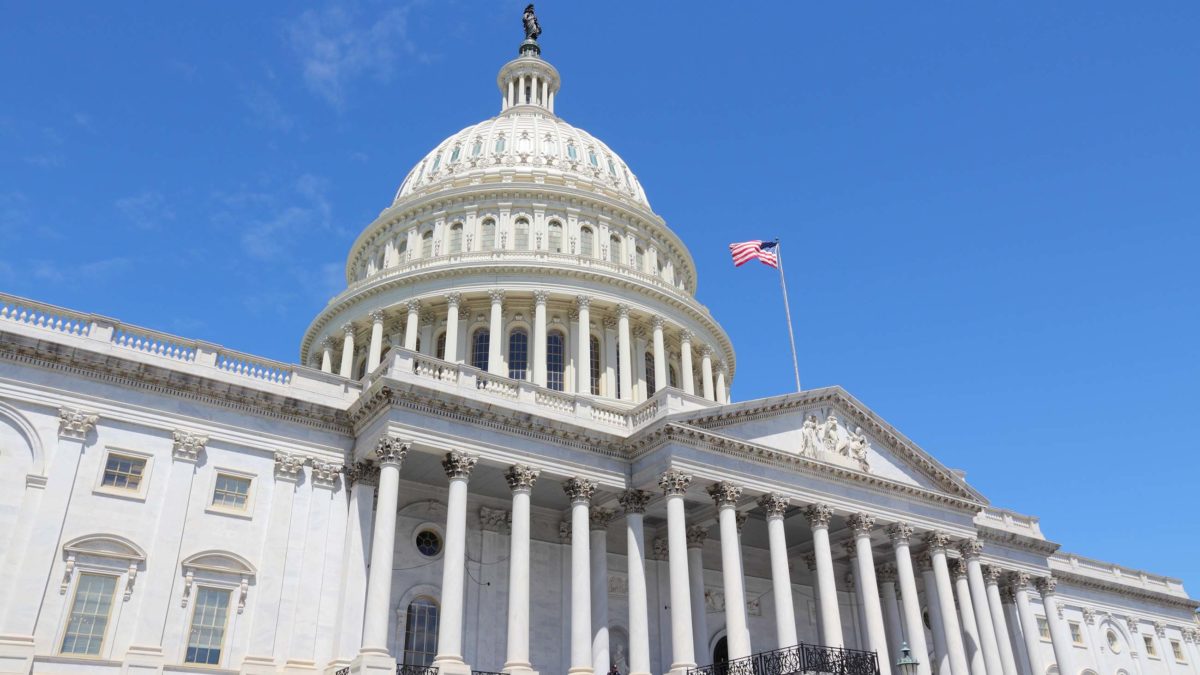Playing Politics With Zika — and the Public’s Health
With Miami now in the midst of a Zika outbreak, scientists are stepping up their calls on Congress to green-light $1.9 billion in emergency funds to prevent the disease’s spread. The funding has been mired in partisan bickering for months, and the delays have likely been made worse by a paralyzing and divisive presidential election. Meanwhile, experts suggest that everything from disease surveillance to mosquito control efforts are now suffering as a result of the public health politicking.

While Congress fiddles, experts worry that efforts to find a Zika vaccine will stall.
Visual: iStock.com
Now researchers are also publicly worrying that a Zika vaccine may never end up ready for primetime. If the epidemic peters out on its own, they say, so too might vaccine development — and that would be cause for concern.
“There is a rush to get this vaccine out and see if it works,” said Michele Barry, director of the Center for Innovation in Global Health at Stanford University and former president of the American Society of Tropical Medicine and Hygiene (ASTMH). If federal funds don’t come through, Barry warns, the epidemic may die down before a vaccine can be fully tested and approved for use. That’s bad if Zika comes raging back sometime in the future, which is exactly what happened with Ebola.
“The reason we didn’t get an Ebola vaccine fast enough is that the epidemic died down,” said Barry. Funds and interest waned and vaccine development slowed. When Ebola did eventually reemerge, there was no vaccine. Hundreds of lives could have been saved if the aggressive pursuit of a vaccine had continued apace. A full two years after the last major Ebola outbreak, which killed 11,000 people, efforts to develop an effective vaccine remain ongoing — and experts worry that another outbreak could come at any time.
Barry and the Stanford Center’s deputy director, Katherine States Burke, penned an op-ed earlier this month in which they slammed Congress for its inaction on Zika funding — and they aren’t the only one saying the clock is ticking for a vaccine. Anthony Fauci, director of the National Institute of Allergy and Infectious Diseases, told the New Yorker’s Siddhartha Mukherjee: “If we don’t receive the requested appropriations very soon, this will slow down the important preparations for the [vaccine’s] Phase II trial.”
The Zika vaccine is also a chance to showcase what’s called a “naked DNA” vaccination, which streamlines the vaccine development process using bacteria to identify the most promising candidates. “This could really be revolutionary,” said Barry. If proven on the Zika battlefield, this naked DNA method could fast-track future vaccine efforts. “These vaccines are really a new approach to pandemic arboviral disease,” she said, referring to the family of viruses that include dengue, St. Louis encephalitis and yellow fever.
Meanwhile, with Congress in recess and emergency funds still locked up, scientists continue to sound the alarm.
Just last week, Barry and 26 current and former presidents of the ASTMH sent a letter to Congress urging them to release funding for vaccine development, among other priorities like mosquito surveillance and education campaigns. “It’s crazy not to get back and put money into this,” said Barry, angry that such a devastating epidemic has been transformed into a political battle.
“I don’t think public health should ever be a partisan issue.”
This post has been updated to correctly identify the signatories of a letter sent to Congress by the American Society of Tropical Medicine and Hygiene. It was signed by current and former presidents of the organization, not board members as originally stated.











Comments are automatically closed one year after article publication. Archived comments are below.
Has anyone asked the question of the # of microcephaly cases in the US every year? And how many of them are from Zika. Then do the same for the other countries in South America.
We are being sold a bunch of crap, fearmongering, all in the name of getting hands on some US cash.
Do the research. Zika virus is not good. But to link it to microcephaly is fraud.